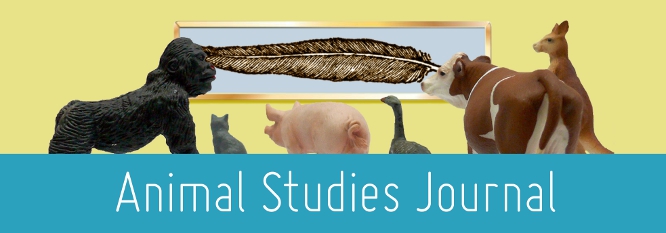Home > assh > ASJ > Vol. 4 (2015) > No. 1

Abstract
The brushtail possum is not treated like other animals in Aotearoa-New Zealand. Publically decried, officially poisoned, frequently shot at and intentionally steered towards, the possum is a despised animal. Indeed, as prior writers on the subject have noted, in order to be a New Zealander, it is almost compulsory to hate the possum (Isern, Potts). Building on that prior descriptive work, this article takes up that hatred of the possum in terms of larger discourses surrounding colonialism and environmentalism in order to make sense of the ideological work of possum-hating. Beginning with the observation that those who are most committed to animal preservation and protection are those who hate possums the most, I argue that in Aotearoa-New Zealand the possum can be understood as ‘anti-animal’: an animal that needs to be destroyed, not protected in order to conserve nature. Hence, whereas environmental discourse normally foregrounds the protection of animals and natural environments generally, anti-animals represent the inversion of that logic whereby certain animals must be destroyed in order to conserve nature. The concept of the anti-animal is developed with reference to political theorist Carl Schmitt’s notion of the enemy/foe distinction, where the foe is an enemy who must not be simply defeated, but actively and personally hated and then eventually destroyed. In the second part of my article, I argue that the possum’s status as anti-animal is a function of its existence at the crossroads of postcolonial and environmental ideologies. Commonly presented as an invasive and destructive entity, whose existence leads to the destruction of native wildlife, I argue that the possum works to distract from the environmental destruction directly wrought by p ākehā colonists in Aotearoa-New Zealand. I thus suggest that possum-hatred acts to resolve the contradiction between the vision of a pristine natural environment that informs Aotearoa-New Zealand’s wide range of conservation practices, from species restoration to border security, and the continued existence of the settler state.
Recommended Citation
Holm, Nicholas, Consider the Possum: Foes, Anti-Animals, and Colonists in Paradise, Animal Studies Journal, 4(1), 2015, 32-56.Available at:https://ro.uow.edu.au/asj/vol4/iss1/4

